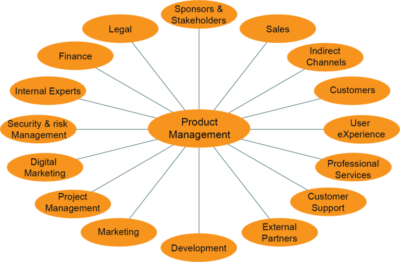Origen: How to Avoid Tool Overload and Apathy | Product Focus

Communications overload
Research shows that communication overload is a significant source of productivity loss. In this study by software company RescueTime, their analysis of 50,000 workers showed that, on average, workers checked their emails and messages every 6 minutes, and 40% never managed more than 30 minutes at a time of uninterrupted, focused work.
While it may just take a few seconds to check a slack message, it dramatically affects the amounts of ‘deep work’ that we can get done. People, by their nature, are not good at multitasking. So even the slightest disruption during a period of focused work can take, on average, 9 minutes to get back into the mind frame of deep, concentrated work. Some studies (like the University of California Irving one) have it at over 20 minutes to refocus! Whatever figure is closer to the truth, we can see the significant impact that constant interruptions can have.
What can you do?
Breaking the cycle of reactive communication by setting clear expectations and boundaries will drive positive behavior.
If your stakeholders know that you don’t respond immediately to their ‘quick question…’ on messaging apps, then those messages will soon stop. People will either solve issues themselves, find a more appropriate place to get the answer or find a more appropriate time to ask you. A good way to implement this is to block time out of your diary when you need to focus on ‘deep work.’
Another way to minimize the number of reactive communications you receive is to hold regular meetings with business areas (if you don’t already do this). Sometimes, just having that date in someone’s diary will get them to hold off on those ad-hoc requests they would otherwise send through email or WhatsApp.
